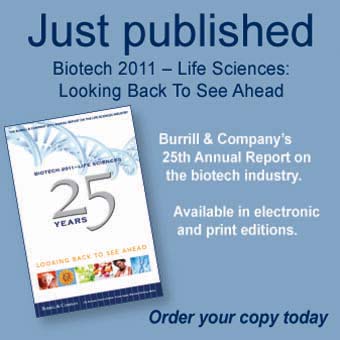“The issue is not that our patients cannot get the WHO-recommended medications, but that they are receiving a wide variety of other medications that cost more and are not always as effective or safe.”
Disregard for international consensus on safe and effective medications may serve to undermine Medicaid’s potential at a time when millions of Americans are likely to join the program, suggests new research.
Medicaid accounted for 8 percent of the $250 billion the United States spent on prescription drugs in 2010. But the taxpayer-supported program is likely overpaying for medications and not offering patients a consistent selection of the most effective medicines available, the study concludes.
The University of San Francisco researchers behind the study compared the World Health Organization’s 2009 Essential Medicines List to lists of preferred drugs that are automatically covered by state-run Medicaid programs in 40 states and the District of Columbia. Their findings, published in the Amercian Journal of Public Health, show that preferred drug lists can vary greatly from state to state and that state administrators of Medicaid, the nation’s largest health coverage program measured by enrollees, could benefit from using a more consistent approach to deciding which drugs to cover.
“The issue is not that our patients cannot get the WHO-recommended medications, but that they are receiving a wide variety of other medications that cost more and are not always as effective or safe," says Lisa Bero, a professor and researcher at University of California, San Francisco. “This study suggests that if states used the World Health Organization Essential Medicines List as a starting point, it might reduce the number of medicines available to Medicaid patients, but patients could have more confidence that the medicines they receive are effective and safe.”
Evidence-based treatment guidelines are commonly used by health plans in Europe to help balance costs and benefits and keep healthcare expenses in check. But determinations by the most influential review body there, the U.K.’s National Institute for Clinical Excellence, have often drawn criticism from drugmakers and patients alike for controversial decisions about whether new drugs provide adequate benefits for their cost.
The WHO list serves a similar purpose, maintaining a biannually updated record of the most-needed, safest, and most effective medications. Though it might mean striking some drugs from current Medicaid drug formularies, the study’s authors suggest that modeling WHO process for drugs selection to create a national list of safe and effective medicines for Medicaid could potentially help the program reduce costs and provide more equitable and evidence-based healthcare in the United States.
June 17, 2011
http://www.burrillreport.com/article-who_knows.html



.gif)

